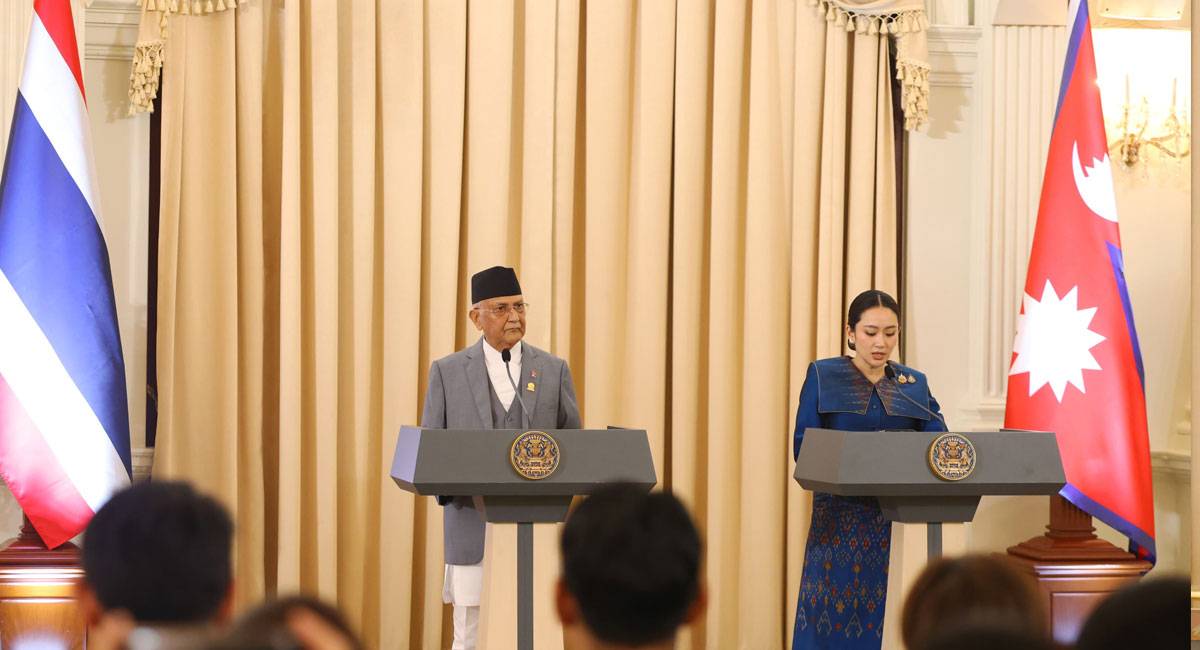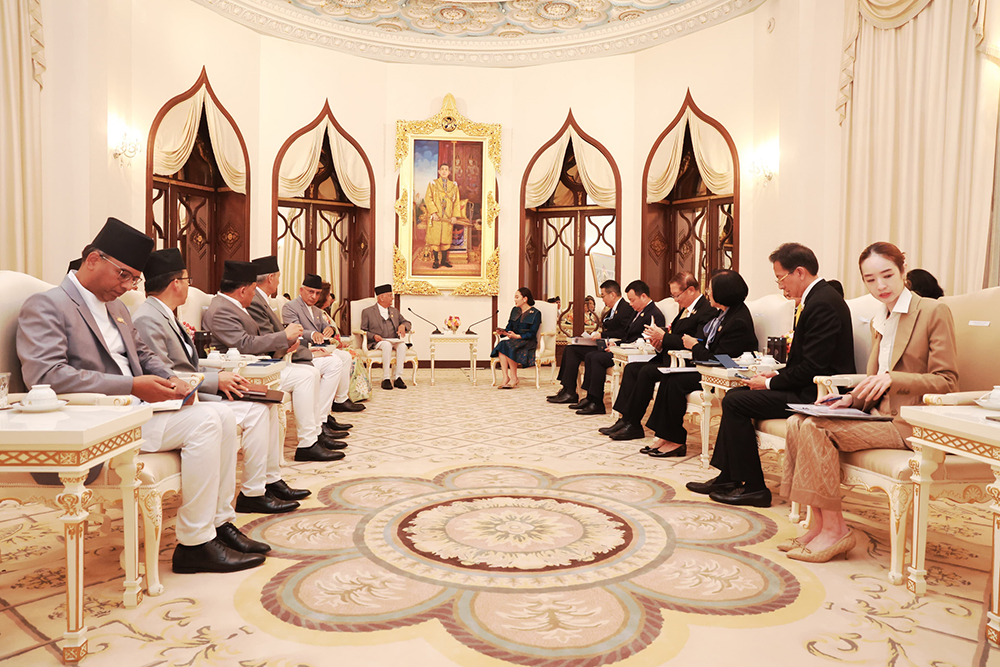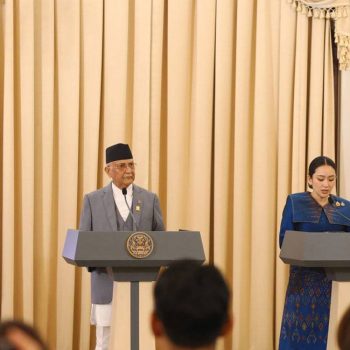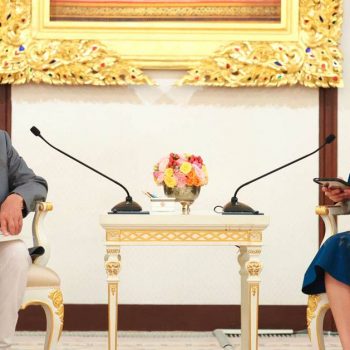EU’s extra tariff on clean tech is a bad omen for the global green transition

KATHMANDU: Last month, the European Union (EU) increased its tariffs on imported Chinese electric vehicles (EVs) to 45.3%.
The hike not only displeased China but also Europe’s largest economy, Germany. According to German broadcaster DW, Germany’s auto industry association, VDA, described the move as “a setback for free global trade and, consequently, for prosperity, job preservation, and Europe’s growth.” Opposition came not just from Germany’s private sector but also from its government. Germany’s economic ministry stated that it “stands for open markets because Germany, in particular, as a globally interconnected economy, depends on them.”
The tariff hike was approved due to the EU’s numerical voting system, despite significant dissent. Of the 27 member states, five voted against the measure, and 12 abstained.
The EU’s decision highlights three major flaws:
The EU does not appear committed to the upcoming green transition. The hike comes just as COP29 in Baku, themed “In Solidarity for a Green World,” is around the corner. By limiting the affordability and accessibility of green technologies like EVs, the EU undermines its climate justice goals.
The EU’s pledge to achieve carbon neutrality by 2050 and its ban on fossil fuel cars by 2035 are jeopardized by this decision. Discouraging green vehicles hurts both consumers and the planet. Instead of restricting clean tech with tariffs, the EU should foster an open and competitive environment to drive innovation in green solutions.
The EU seems to be following the policy templates of the United States and Canada without demonstrating independent thought, contradicting claims made by its leaders. In the growing rivalry between the US and China, the EU could play a more independent role in balancing global power dynamics.
Instead, the EU often appears to echo US decisions. For example, EU nations recently approved Ukraine’s use of long-range missiles to strike deep into Russian territories shortly after US President Joe Biden gave similar approval. Such actions make the EU appear dependent on external influences, undermining its claims of strategic autonomy.
The tariff hike raises questions about the EU’s commitment to free-market principles. EU Trade Chief Valdis Dombrovskis justified the decision by stating, “We welcome competition, including in the electric vehicle sector, but it must be underpinned by fairness and a level playing field.”
This statement implies that the EU feels unable to compete in a genuinely free market, contradicting the principles of the World Trade Organization (WTO). Moreover, reports show that in 2023, China’s exports to BRICS nations and the Global South equaled its combined exports to the US and the EU. Such trends suggest that the EU’s protectionist policies could backfire, potentially prompting nations from the Global South to retaliate with similar justifications.
The EU possesses abundant resources—natural, human, and digital—to lead in green technology innovation and exports. However, to achieve this, it must embrace openness and cooperation. Protectionist policies like tariff hikes not only hinder global green transitions but also undermine the EU’s potential to play a leadership role in the clean tech revolution.















